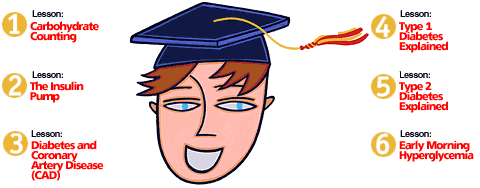
What is Coronary Artery Disease?

What is Coronary Artery Disease?
Coronary Artery Disease (CAD) is one of the most common cardiovascular problems, and occurs in both diabetic and non-diabetic patients. It involves the obstruction of coronary arteries (blood vessels on the surface of the heart, which provide blood to the heart's four chambers) by a build up of fat and cholesterol known as plaque or atheromas.
The process of this build up along the walls of the body's blood vessels is known as atherosclerosis.
This blockage causes decreased blood flow, deprives the heart of necessary oxygen and nutrients, and may permanently damage a portion of the heart's muscle (myocardium). This can lead to a heart attack.
Why is Coronary Artery Disease So Important to Prevent?
It's estimated that more than 12 million Americans suffer from CAD. 40% of diabetics who suffer a heart attack as a result of CAD are at risk of death. About 50% are likely to suffer a second heart attack within five years.
CAD is currently the most common cause of death for type 2 diabetics, especially post-menopausal women (over the age of 55).
These statistics cannot be ignored. Read on for some vital preventative tips.
What are the Symptoms of Coronary Artery Disease?
There are many warning signs that can alert you to the possibility of CAD. These include:
Unfortunately, up to 30 percent of those with CAD express no signs of any symptoms. In addition, these symptoms can also be signs of other conditions. This is why it is crucial to see your doctor immediately if experiencing any of the above symptoms.
Copyright © 2000-2026 savvyHEALTH.com. All rights reserved.
http://www.savvyHEALTH.com/
All contents copyright © 1999-2026 savvyHEALTH, Inc. All rights reserved.
This internet site provides information of a general nature and is
designed for educational purposes only. If you have any concerns about
your own health, you should always consult
with a physician or other healthcare professional. Please review the Terms of Use before using this site. Your use of the site indicates your agreement to be bound by the Terms of Use.